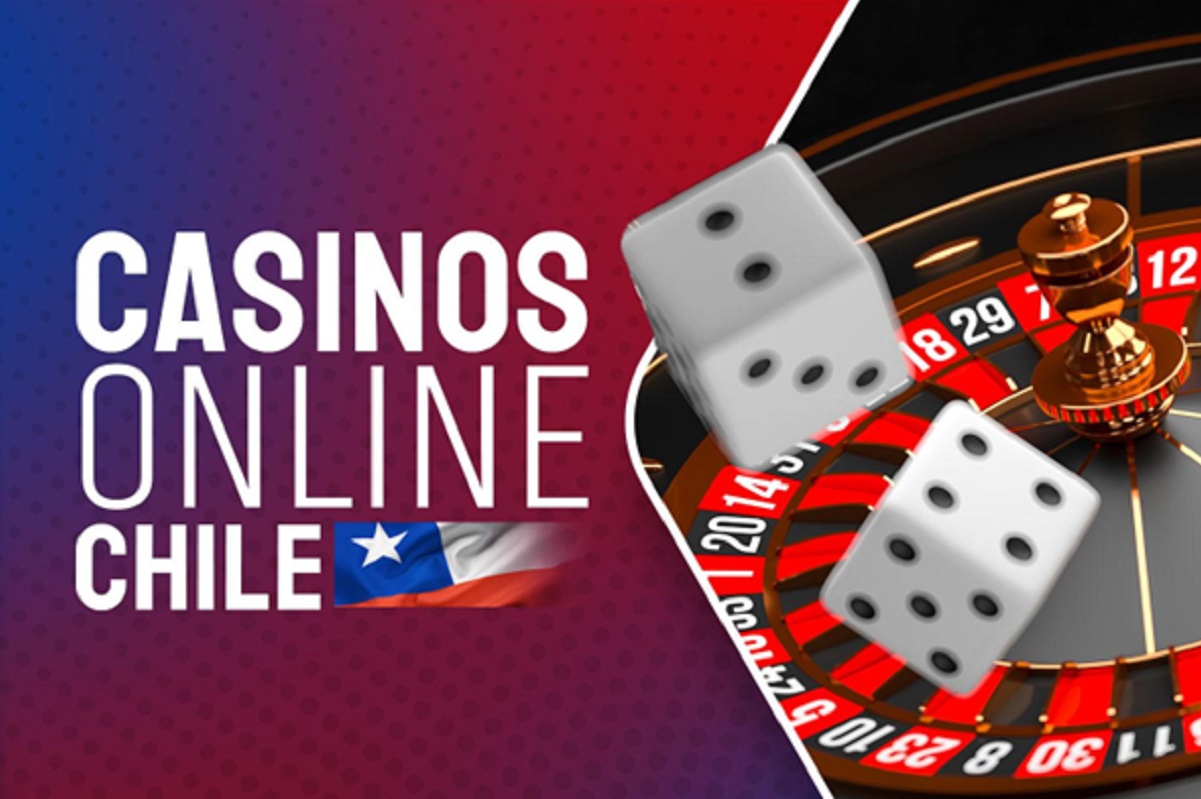Gambling Games and Their Role in Cultural Trends
admin
- 0

Casino games have long captured the fascination of humans around the globe, becoming an important part of both entertainment and culture. From the glimmering lights of Las Vegas to the immersive experience of virtual casinos, these experiences evoke enthusiasm, risk, and sometimes even a sense of remembrance. They are beyond just pastimes; they have woven themselves into the tapestry of human experience, influencing various aspects from cinema and melodies to clothing and books.
The appeal of casino games surpasses the betting aspect, tapping into wider themes of fortune, risk, and psychology. As players assemble around a card table or turn the wheel of fortune, they engage in an age-old ritual that connects with our shared desire for excitement and unpredictability. This fascination has led to the growth of numerous references in films, tracks, and electronic games, showcasing how intensely entrenched these pastimes are in popular culture. Whether it is the intense drama of a classic caper or the vibrant nightlife portrayed in recordings, casino games have created a substantial niche that reflects our relationship with risk.
Historical Importance of Gambling Activities
Gambling activities have played a crucial role in cultural contexts throughout the ages. non GamStop Stemming from old societies, forms of chance were often connected to ceremonies or events. For example, early forms of gambling can be traced back to historic Chinese and the Romans, where die games and betting on outcomes were common pastimes. These games not only served as entertainment but also as methods of social interaction, facilitating connections among individuals within communities.
As societies evolved, so did the complexity and structure of casino games. The establishment of formal casinos in the 17th century, particularly in Italy, marked a major shift in how games were viewed and structured. With designated spaces for gaming, the casino became a social hub where patrons from various backgrounds convened. This change contributed to the legitimization of gambling, transforming it from a mere pastime into an organized industry that influenced the economy and regulations.
The effect of casino activities on mainstream culture cannot be overlooked. As they were brought into the limelight in literature and movies, games such as Texas Hold’em and 21 became icons of risk, luck, and tactics. Iconic characters and narratives have emerged around these games, illustrating societal attitudes towards luck, wealth, and vice. This interest with gambling activities has permeated various forms of media, solidifying their place in the public imagination and linking them to broader cultural stories throughout the ages.
Depiction of Gambling Games in Entertainment
Casino activities have long been a popular subject in different types of entertainment, reflecting both the thrill and complexities of the world of gambling. Films such as Ocean’s 11 and Casino Royal portray figures who navigate high-stakes environments, showcasing not only the allure of the gambling environment but also the strategies and judgments that come with playing popular games like Texas Hold’em and 21. These films often dramatize the thrill of winning and the potential results of losing, encapsulating the risks involved in betting.
Television shows have also explored the realm of casino games, often integrating them into the plot as a backdrop for character arcs and tension. Series like Las Vegas depict the stories of casino workers and patrons, highlighting the lively, often tumultuous energy of the gaming floor. Reality shows featuring intense betting contests further emphasize the fascination of casino games, drawing viewers into the excitement and strategy involved in each game. Through these representations, media not only amuses but also stimulates conversations about luck, expertise, and the character of randomness.
Video games have increasingly included casino games into their design, allowing players to simulate the experience of betting without financial risk. Games within the landscape of digital gaming often include virtual slots, online poker, and other casino favorites, creating an engaging environment that mirrors real-life gameplay. These virtual portrayals make gambling activities accessible to a worldwide viewer base, appealing to both risk-takers and those who enjoy the excitement of virtual experiences. As a outcome, the representation of casino games in media continues to shape societal views and cultural relevance, highlighting their function in society and social context.
Impact of Casino Games on Communities
Casino games have a meaningful effect on communities, influencing various facets of societal norms and social behavior. They often function as a platform for community engagement, where people come together to enjoy a common activity. Game nights with friends or trips to casinos become social activities that foster connections and create shared moments. This communal aspect enhances the fun value of gambling activities, making them a popular choice for festivities and recreational pursuits.
Moreover, casino games have been depicted in numerous movies, TV series, and written works, influencing perceptions and opinions towards gambling and gaming. Icons like James Bond playing baccarat or the intense poker scenes in films have cemented these games in the shared imagination. This depiction often glamorizes the lifestyle associated with gambling, attracting new players and impacting trends in both style and conduct. These portrayals can spark curiosity and lead to a more profound investigation of the nuances of gambling.
Nonetheless, there are also negative implications associated with the widespread appeal of gambling activities. The temptation of quick monetary gain can lead to problem gambling and financial troubles for some people. The community must grapple with these issues, promoting responsible gaming and education of the dangers involved. Finding a balance between the entertainment value of gambling activities with the risks is crucial to ensure that they continue to be a beneficial aspect of our societal fabric.